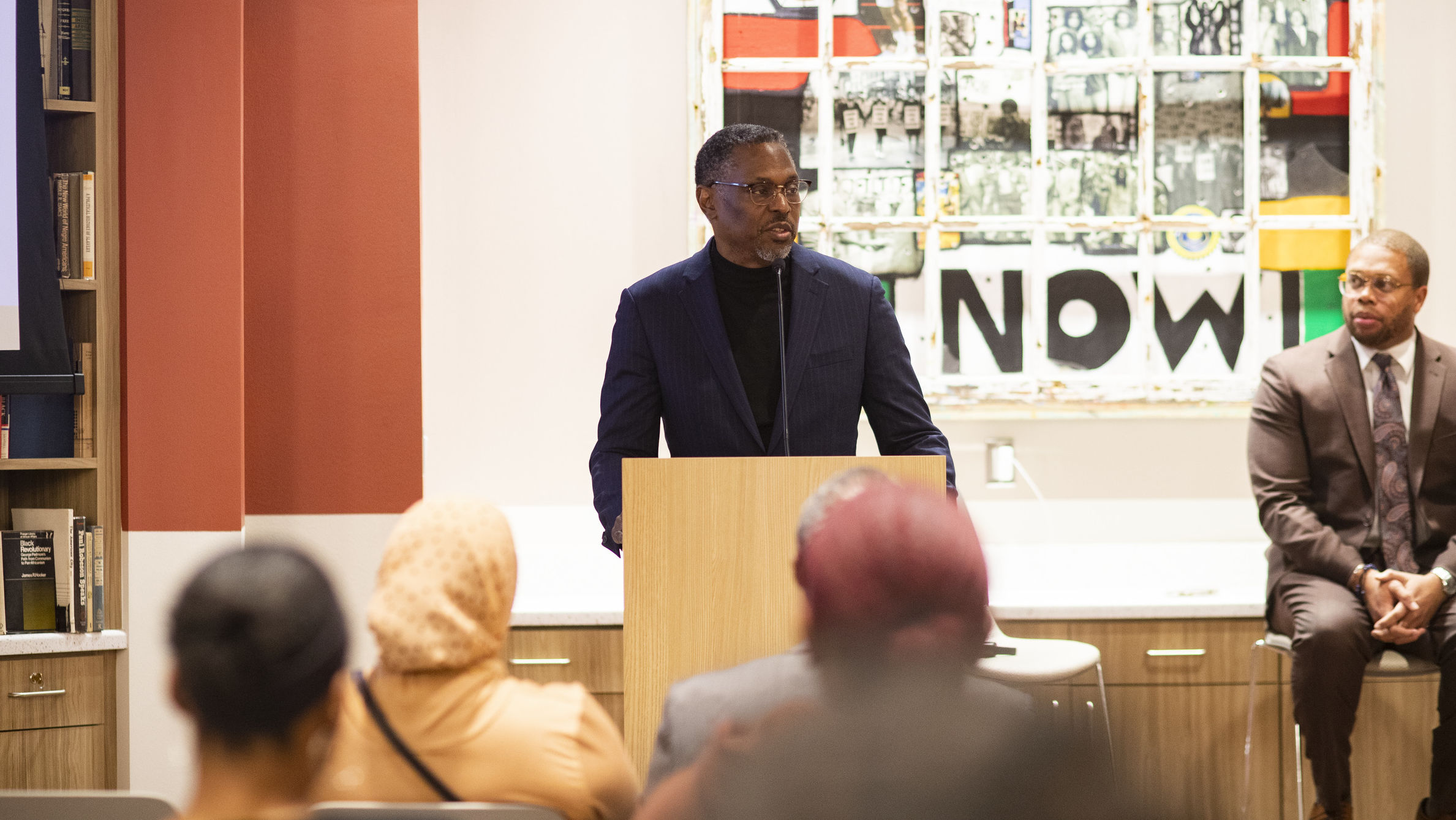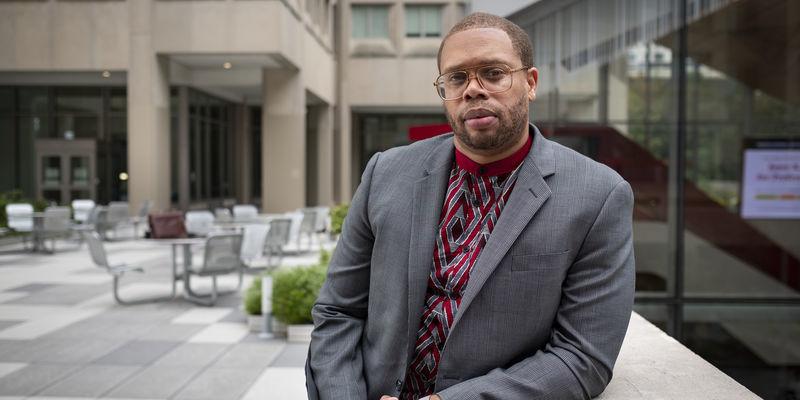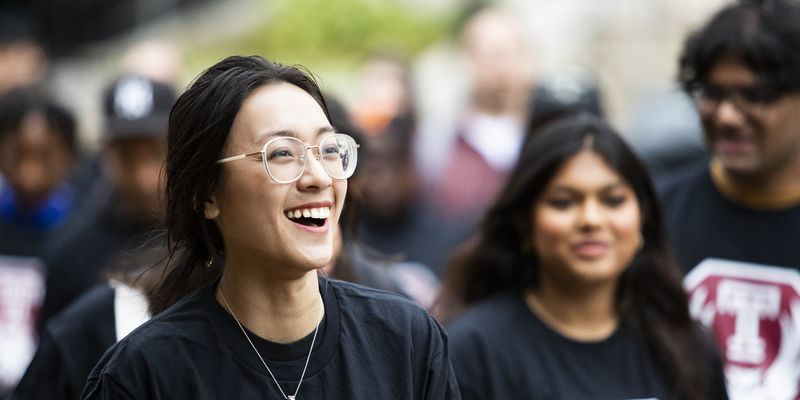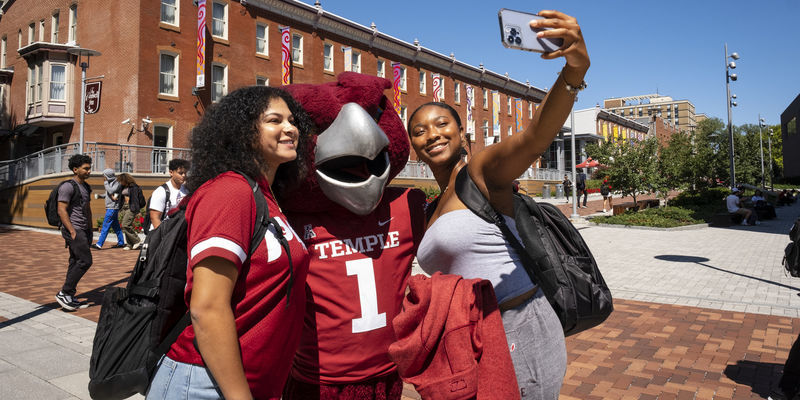Temple University’s Center for Anti-Racism marks first-year anniversary
The Center for Anti-Racism hosts town hall to highlight findings of Philadelphia District Attorney Office’s racial injustice report.

The Center for Anti-Racism marked its anniversary by hosting a town hall on Nov. 16 on the Philadelphia District Attorney Office’s report addressing racial injustice in the criminal legal system.
Professor Timothy Welbeck, the center’s executive director, says hosting this town hall aligns with the center’s mission.
“We believe it was fitting to hold an event like this on the center’s anniversary because in many ways it encapsulates the center’s work,” said Welbeck, who was one of the report’s editors.
“At the center, we wanted to do scholarship, public education and community engagement and an event like that was able to do all of those things,” said Welbeck.
The racial injustice report written by the DA’s Transparency and Analytics (DATA) Lab Unit chronicled racial disparities in Philadelphia’s criminal justice system from 2015 to 2022.
Rev. Gregory Holston, senior advisor on policy and advocacy in District Attorney Larry Krasner’s office, highlighted the report’s findings during the town hall. The report starts with a historical review, followed by a presentation of data and concludes with future policy directions.
“The DA has to dare look at the system that he is now governing to make a determination of what racism still exists in that system,” Holston said during the event. “This report is the first step just to look at where we are in an honest way.”
Researchers in the study assessed disparities at different stages in the legal process from the initial police stop to incarceration.
According to the analysis, Black defendants were charged at disproportionately higher rates relative to other groups in seven of the eight most common criminal charges.
The report notes that despite making up 38% of Philadelphia’s population, Black residents account for nearly 70% of all police stops, 62% of arrests and 64% of those detained in pre-trial. While white residents constitute 34% of Philly’s population, they account for 18% of police stops and 21% of arrests.
Holston addressed the importance of numerical data being provided about Philadelphia’s legal system.
“For years people didn’t know what the numbers said. They didn’t know the percentage difference,” Holston said. “This is the first time in the city of Philadelphia that we have numbers for the entire system.”
During the event, some town hall attendees offered their insights on the data that was presented.
Cheryl Irons-Guynn, associate professor of instruction in the Department of Criminal Justice, spoke on the impact of prosecuting important misdemeanor cases.
“That is where there needs to be people that are involved and have some ability to empathize and to understand the consequences of a conviction where there doesn’t need to be one,” Irons-Guynn said.
The event was one the latest town halls held by the Racial Injustice Community Task Force, which is facilitated by the district attorney’s office and members of the justice community.


